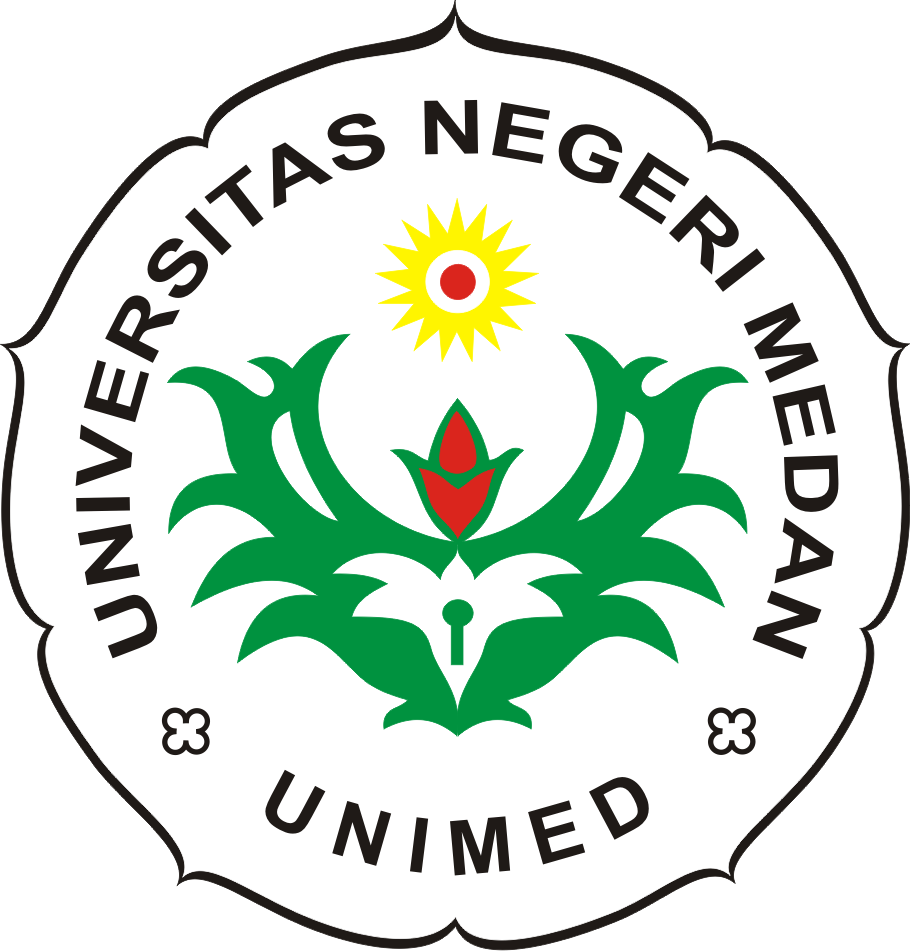The Effect of Using Lingodeer Application on Students™ Vocabulary of the Seventh Grade at MTS Darul Ilmi Batang Kuis
DOI:
https://doi.org/10.24114/reg.v13i1.56519Keywords:
Lingodeer Application, Vocabulary AchiementAbstract
There are several factors that affect vocabulary teaching. A creative teacher will use teaching methods that are appropriate to the conditions of the students in the class and can attract them to be more interested in learning English, especially vocabulary mastery. The purpose of this study was to find the significance of Lingodeer Application in teaching English Vocabulary which was observed and analyzed by the seventh grade students of MTS Darul Ilmi Batang Kuis. In this research method is quantitative by taking 60 students as a sample. The population of this study were all students of class VII and the sample of this study was class VII- 1 as the experimental class, class VII- 2 as the control class. The research instrument used was multiple choice. Research on the use of Lingodeer Application and the Lingodeer Application has a significant effect on students' vocabulary achievement. It can be concluded that the use of Lingodeer Application in improving students' vocabulary mastery is affective. The results found in this study were observed t of 8,85 and 1 table of 2.00. This can be stated that there is a significant difference between the vocabulary scores of students who are taught using Lingodeer Application and without Lingodeer Application. It means that Lingodeer Application is quite effective in increasing students' vocabulary achievement.References
Alqahtani, M. (2015). The Importance of Vocabulary in Language Learning and To Be Taught. International Journal of Teaching and Education. Vol 3. No. 3, 21-34.
Arikunto, S. (2013). Prosedur penelitian suatu pendekatan praktik.
Arsyad, A. (2015). Media Pembelajaran (Edisi Revisi). Jakarta: Rajawali Pers.
Destry, I. E., & Harahap, Y. S. (2022). The Effect Of Bingo Media To Improve Students Vocabulary Of The Eighth Grade Students At SMP S AL“Washliyah 27 Medan. Cybernetics: Journal Educational Research and Social Studies, 1-12.
Fees, J. (2021). Free Digital Resources for Online Language Teaching, Learning and Course Management.
Kusumadewi, H., & Kusumadewi, M. (2018).The Effects of Using Duolingo Towards student™s vocabulary mastery.IJET.7 (2).
Miftah, M. (2013). Fungsi dan Peran Media Pembelajaran Sebagai Upaya Peningkatan Kemampuan Belajar Siswa.
Munir, F. (2016). The Effectiveness of Teaching Vocabulary by Using Cartoon Film Toward Vocabulary Mastery of EFL students. English Language Teaching and Linguistics, DOI: http://dx,doi.org/10.21462/jeltl.v1i1.20.
Nisfulaila, N. (2022). The Effectiveness of Lingodeer Application Toward Students' Vocabulary Mastery.(Skripsi).FKIP, Raden Intan Lampung.
Rohmatillah. (2014). A Study on Students' Difficulties in Learning Vocabulary
Syarifudin, A., etall. (2014). An Analysis on the Students' Vocabulary Mastery A Descriptive Study on the MtS. FKIP Untan.
Susanto, A. (2017) The Teaching of Vocabulary: A Perspective. jurnal KATA. Vol 1 No. 2
Saragih, M., etall. (2022). Meningkatkan kemampuan Berbicara Bahasa Inggris Melalui Aplikasi Lingodeer Pada Siswa Smp Kelas VII Sekolah Singosari Delitua. Jornal Widya, 356-363.
Seroja, R. Br Ginting. (2019) The Effect of Hello English Application on The Students™ Vocabulary Mastery at The Eighth Grade of Junior High School. (Tesis). UINSU, Medan
Article on Internet;
Lingodeer Support. (2017) Features in the lingodeer application.
https://play.google.com/store/apps/details?id=com.lingodeer
Naibaho, I. Carmelita, (2022) œTutorial: How to use Lingodeer App, You Tube, Uploaded by Ira Carmelita.
https://youtu.be/ggwzHOs7sc . Accessed 14 April 2022 AM
Vare J. Fransisco, (2023,Januari) ''My Lingodeer Review: How I started Learning Japanase in one Week ''.
https://www.fluentu.com/blog/lingodeer-review/
Downloads
Published
Issue
Section
License
Copyright (c) 2024 Fadila Menda Prawita Sitepu

This work is licensed under a Creative Commons Attribution-NonCommercial-ShareAlike 4.0 International License.
Authors who publish with this journal agree with the following terms:
- Authors retain copyright and grant the journal right of first publication with the work simultaneously licensed under a Creative Commons Attribution License that allows others to share the work with an acknowledgment of the work's authorship and initial publication in this journal.
- Authors are able to enter into separate, additional contractual arrangements for the non-exclusive distribution of the journal's published version of the work (e.g., post it to an institutional repository or publish it in a book), with an acknowledgement of its initial publication in this journal.
- Authors are permitted and encouraged to post their work online (e.g., in institutional repositories or on their website) prior to and during the submission process, as it can lead to productive exchanges, as well as earlier and greater citation of published work (See The Effect of Open Access).
- This work is licensed under a Creative Commons Attribution-ShareAlike 4.0 International License.






